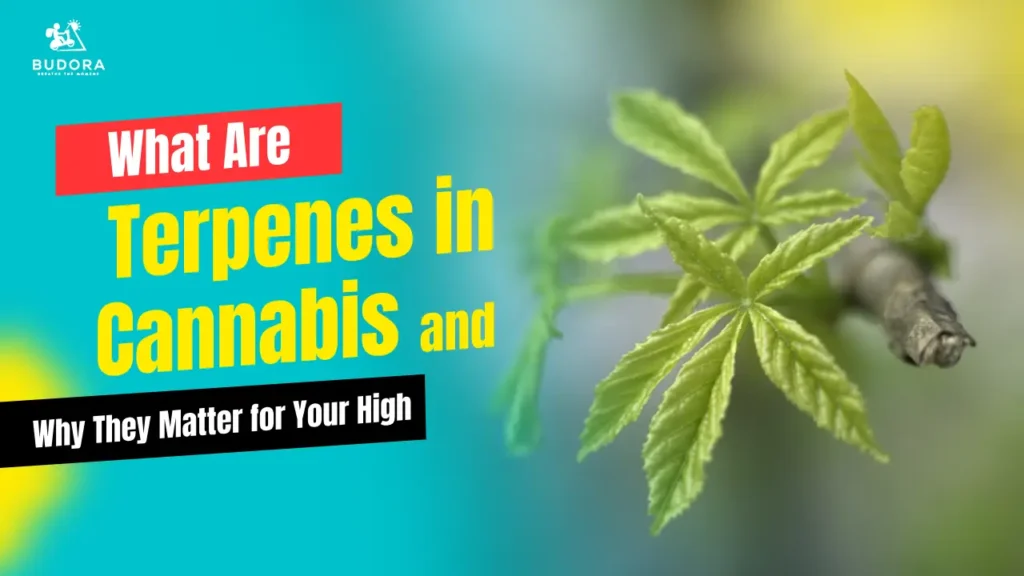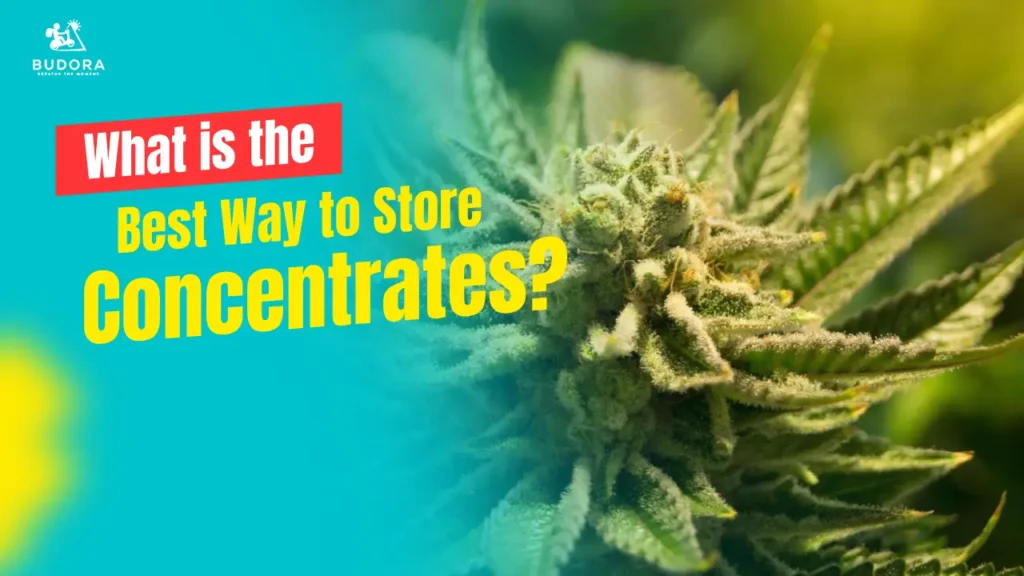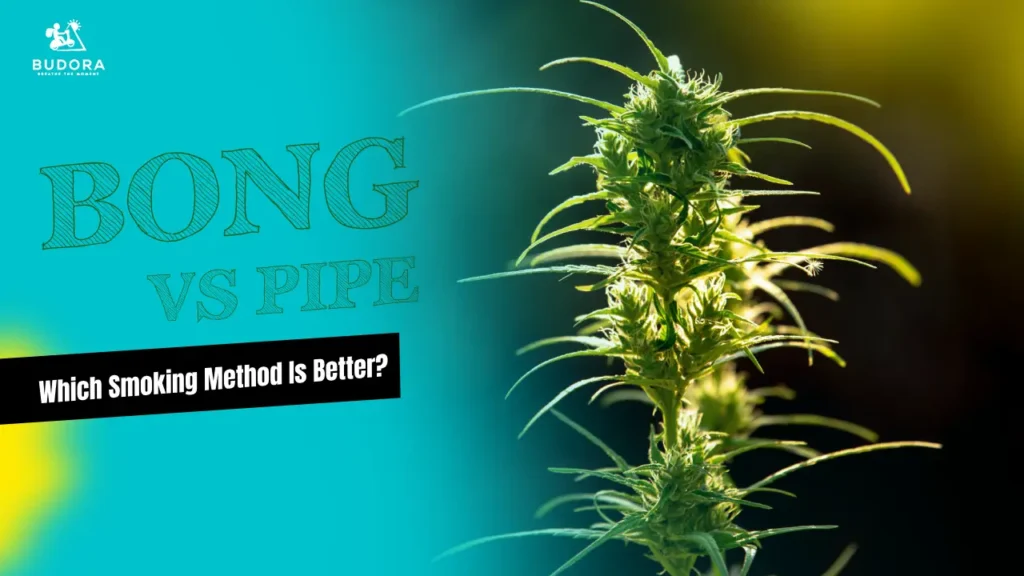Blog
Can Weed Cause Hair Loss: The Link Between Cannabis and Hair Health
- Budora Team
- No Comments
- Cannabis WeedBlogs
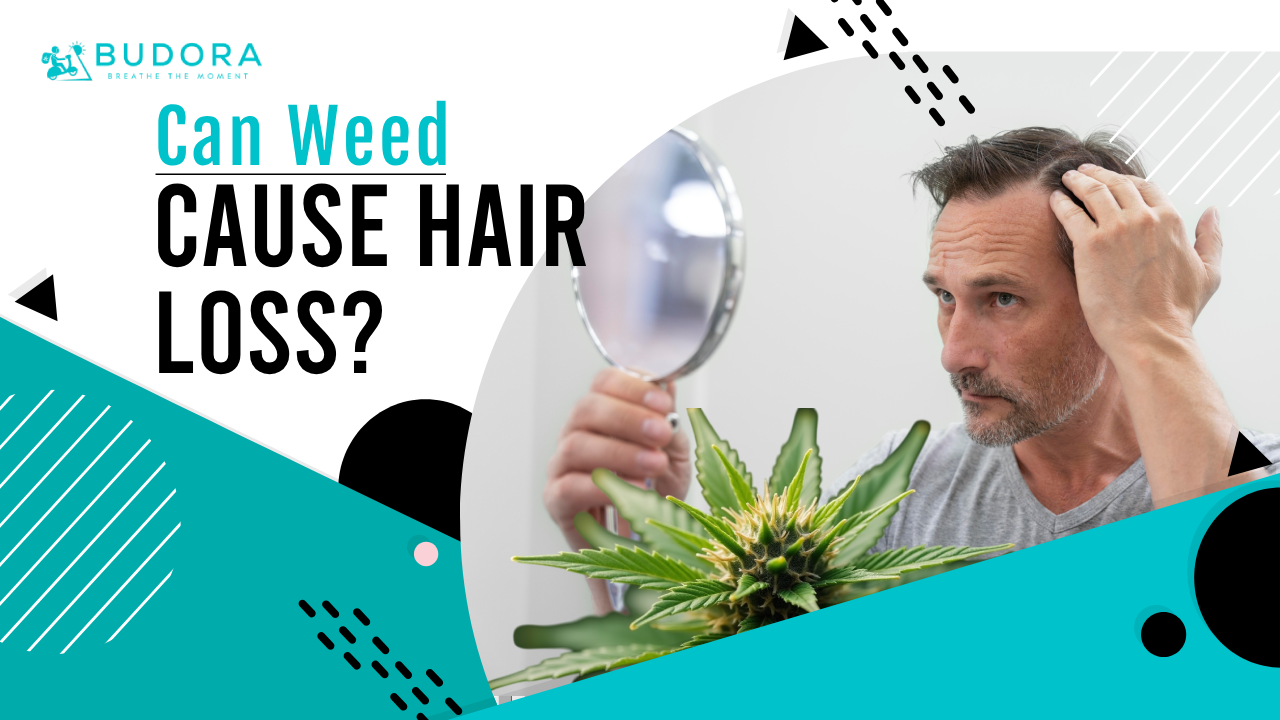
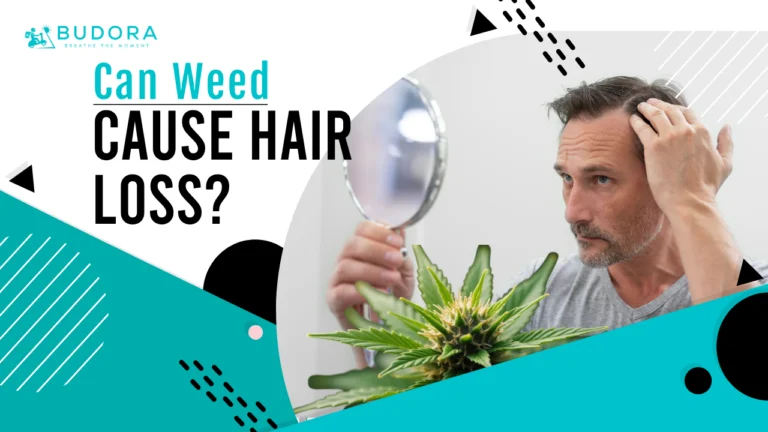
Weed and Hair Loss: Understanding the Cannabis Connection
Hair loss is a common concern affecting both men and women. While genetics, hormones, and lifestyle choices often play the biggest roles, many people wonder if certain habits—like cannabis use—could be a hidden factor. A question that often comes up is: can weed cause hair loss? Let’s break down the science, myths, and lifestyle factors to better understand the potential connection.
Key Highlights
- No Direct Link: Current research shows that cannabis itself doesn’t directly cause hair loss, but it can influence factors like stress, hormones, and circulation that affect hair health.
- Lifestyle Matters: Poor diet, disrupted sleep, and stress from frequent weed use may indirectly contribute to hair thinning.
- Nicotine is the Bigger Culprit: Smoking weed mixed with tobacco or vaping nicotine poses a higher risk to hair follicles than cannabis alone.
- Individual Risk Factors: Genetics, hormone imbalances, and overall health play a bigger role in hair loss than weed use, though cannabis could accelerate shedding in those already predisposed.
Hair Loss Explained: Key Factors and Insights
Before asking “can weed cause hair loss?”, it’s important to understand the common reasons why people lose their hair in the first place. Hair loss is a multifactorial condition, meaning it can be caused by a combination of genetics, lifestyle, and health factors. Some of the most common causes include:
- Genetics (Androgenetic Alopecia): The most frequent cause of hair loss, often referred to as male or female pattern baldness.
- Hormonal Changes: Imbalances in hormones like testosterone, DHT, or thyroid hormones can trigger shedding.
- Stress: Both physical and emotional stress can push hair into a shedding phase.
- Nutritional Deficiencies: Low levels of iron, protein, vitamin D, or zinc can weaken hair follicles.
- Medical Conditions: Autoimmune diseases like alopecia areata or chronic illnesses can affect hair growth cycles.
- Medications and Lifestyle Habits: Certain drugs, smoking, and nicotine use can reduce blood flow and oxygen to the scalp.
In most cases, hair loss isn’t caused by a single factor but rather a combination of genetics, health, and lifestyle. This is why habits like smoking weed, vaping, or nicotine use may indirectly influence hair health depending on your individual risk factors.
The Effects of Weed on Your Body Explained
To understand whether weed can cause hair loss, it’s important to look at how cannabis interacts with the body. Marijuana contains active compounds like THC (tetrahydrocannabinol) and CBD (cannabidiol) that influence the endocannabinoid system (ECS) —a network of receptors that regulate mood, appetite, sleep, and immune response.
When you consume weed, whether through smoking, vaping, or edibles, here’s what happens:
- Brain and Mood: THC binds to receptors in the brain, producing relaxation, euphoria, or anxiety depending on the dose and individual tolerance.
- Hormones: Cannabis can temporarily affect hormone levels, including testosterone and cortisol, which may indirectly influence hair growth.
- Circulation: Smoking or vaping can restrict blood vessels, reducing oxygen flow to different parts of the body—including the scalp.
- Sleep and Stress: While weed may help some people fall asleep, long-term use can disrupt natural sleep cycles, and poor rest is linked to increased hair shedding.
Overall, weed impacts multiple systems in the body, and while it doesn’t directly cause baldness, its effects on stress, hormones, and circulation may indirectly play a role in hair health.
Smoking Weed & Hair Loss
Currently, there is no direct scientific evidence that smoking weed causes hair loss. Cannabis does not inherently damage hair follicles the way some medical conditions or genetic factors do. However, indirect factors linked to smoking weed may contribute to thinning hair, such as:
- Stress and anxiety: While cannabis can temporarily relieve stress, heavy or long-term use may impact mental health, which is closely linked to hair shedding.
- Nutritional deficiencies: Some cannabis users may neglect diet, leading to low levels of iron, zinc, or vitamins essential for hair growth.
- Poor sleep patterns: Weed can affect sleep cycles, and lack of restorative sleep has been associated with hair thinning.
So, while the plant itself doesn’t directly cause baldness, lifestyle changes from frequent cannabis use may indirectly affect hair health.
Marijuana’s Impact on Hair
The question “does marijuana cause hair loss? ” often comes up in health forums, but the answer is largely tied to individual health and habits. Unlike medications or medical conditions like alopecia, marijuana doesn’t directly attack hair follicles.
That said, marijuana use can alter hormone levels, particularly testosterone and dihydrotestosterone (DHT) , which are strongly linked to male pattern baldness. In people genetically predisposed to hair loss, cannabis could potentially speed up the process.
The link between vaping and hair loss
Another common concern is: does vaping cause hair loss? While research is still developing, vaping devices often contain nicotine , which is a known risk factor for hair loss. Nicotine constricts blood vessels, reducing blood flow to hair follicles, which can hinder growth.
Vaping and Hair Loss: The Connection
- Nicotine reduces oxygen and nutrients delivered to the scalp.
- E-liquids may contain harmful chemicals that affect overall health.
- Chronic vaping can worsen stress on the body, indirectly impacting hair growth cycles.
So, while cannabis itself may not be the direct cause, nicotine-containing vapes are more likely to play a role in hair thinning.
Lifestyle Habits: How Cannabis May Affect Hair Health Indirectly
While cannabis itself isn’t proven to directly damage hair follicles, the lifestyle habits associated with frequent cannabis use can indirectly influence hair health. These habits may create conditions that make hair loss more likely over time:
Poor Diet Choices
Some cannabis users may experience increased appetite and crave unhealthy foods. Over time, nutritional deficiencies in vitamins, iron, and protein can weaken hair growth.
Disrupted Sleep Cycles
Heavy cannabis use can alter natural sleep patterns. Lack of deep, restorative sleep interferes with the body’s ability to repair and regenerate cells, including those in hair follicles.
Increased Stress Levels
While cannabis may temporarily ease stress, dependency or withdrawal can contribute to anxiety, a known trigger for hair shedding.
How to Protect Your Hair While Using Weed
If you’re worried about your hair but don’t want to give up cannabis, here are a few actionable tips:
- Switch to edibles or tinctures instead of smoking to reduce toxin exposure. Switch to edibles or tinctures instead of smoking—Budora offers options like Blackcomb Tropical Mango Gummies, which deliver a flavorful, smoke-free experience while minimizing exposure to harmful combustion-related toxins.
- Prioritize CBD strains if you’re sensitive to THC.
- Ensure a balanced diet rich in protein, iron, omega-3s, and B vitamins.
- Stay hydrated and limit alcohol and sugar.
- Avoid excessive stress—meditate, work out, or seek professional help if needed.
- Use a gentle hair care routine with minimal heat styling and chemical treatments.
Note: Always ensure you’re complying with local laws and regulations when ordering cannabis products.
When Should You See a Professional?
If you’ve adjusted your cannabis habits and still notice hair loss:
- Visit a dermatologist or trichologist for a scalp evaluation—and if you’re reconsidering consumption methods, read Budora’s Edibles vs. Smoking guide to compare risks.
- Consider blood tests to rule out thyroid issues, iron deficiency, or hormonal imbalance.
- Track when your hair loss started—does it coincide with cannabis use, life stress, or diet change?
Conclusion
So, can weed cause hair loss? Not directly—but it can indirectly impact hair health by affecting stress levels, hormones, nutrition, and sleep. The key is balance. Moderate use, coupled with good self-care, can help you enjoy the benefits of cannabis without risking your hair.
FAQs
Can weed make you lose hair permanently?
Weed is unlikely to cause permanent hair loss on its own. However, if cannabis use leads to lifestyle issues (like stress or malnutrition), it may contribute to chronic thinning unless those issues are addressed.
Does CBD help with hair regrowth?
CBD may support hair regrowth by reducing inflammation, balancing oil production, and improving blood flow. While more research is needed, early signs are promising.
Is smoking weed worse for hair than using edibles?
Yes. Smoking weed introduces harmful chemicals that may affect blood circulation and follicle health. Edibles or oils are gentler alternatives.
Can stopping weed reverse hair loss?
If weed is an indirect cause of hair loss, such as through poor sleep or stress, stopping use may help reverse hair thinning over time.
How long does weed stay in your hair?
Traces of THC can stay in your hair for up to 90 days, but this doesn’t directly relate to hair health or growth—it’s more relevant for drug testing.
Like this article?

Budora Team
OTHER ARTICLES YOU MAY LIKE

